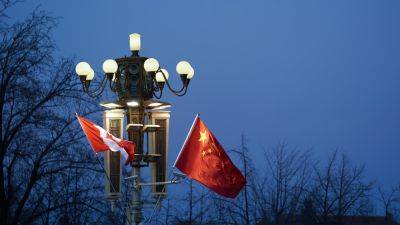Saudi game of thrones clearer with new royal order
Saudi Arabia’s King Salman issued a royal order on August 8 allowing the cabinet to be convened in the absence of both him and his prime minister and crown prince, Mohammed bin Salman.
Such a meeting will be headed by the most senior cabinet member from among the descendants of King Abdul Aziz Al Saud, the founding father of the Saudi state as we know it today.
This royal order is a politically significant development. Since Mohammed bin Salman was elevated to the post of crown prince in 2017, and then to prime minister five years later, the administratively and politically critical positions of deputy crown prince and deputy prime minister have remained vacant.
The vacancies have made it difficult to ascertain the third most powerful person within the Saudi decision-making structure or to speculate about the possible candidates.
The decision-making dynamics within the Saudi Kingdom have long been a complex affair. King Saud, the eldest son of and successor to Abdul Aziz, was forced to abdicate in 1964 following a mutual accord between Saudi royalty and the religious elite.
His attempts to centralize power among his own sons, fickle spending habits and risky foreign policy ventures compelled Saud’s half-brother and crown prince, Faisal, to assemble a family coalition to confront and depose him.
Faisal became the king after Saud’s removal and enacted a new system of governance in which power was distributed among the different sons of Abdul Aziz who partnered in his coup. The intention was to avoid power being concentrated in one sub-section of the family.
This horizontal distribution of power led to the emergence of an institutional fiefdom culture. Each prince in charge of a government department or organization treated






